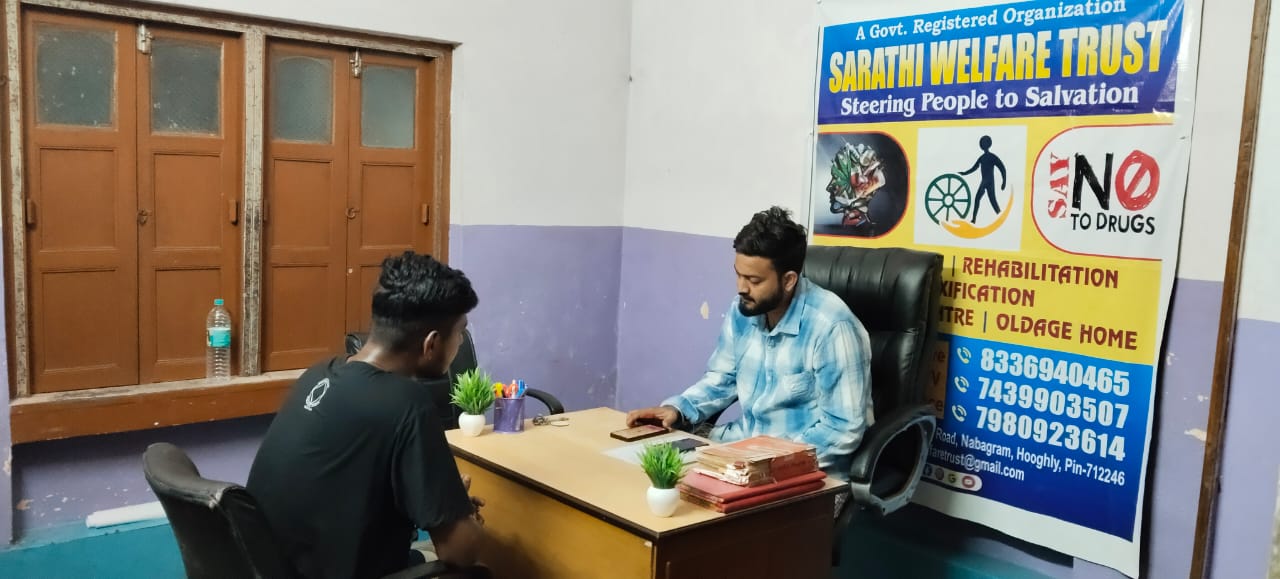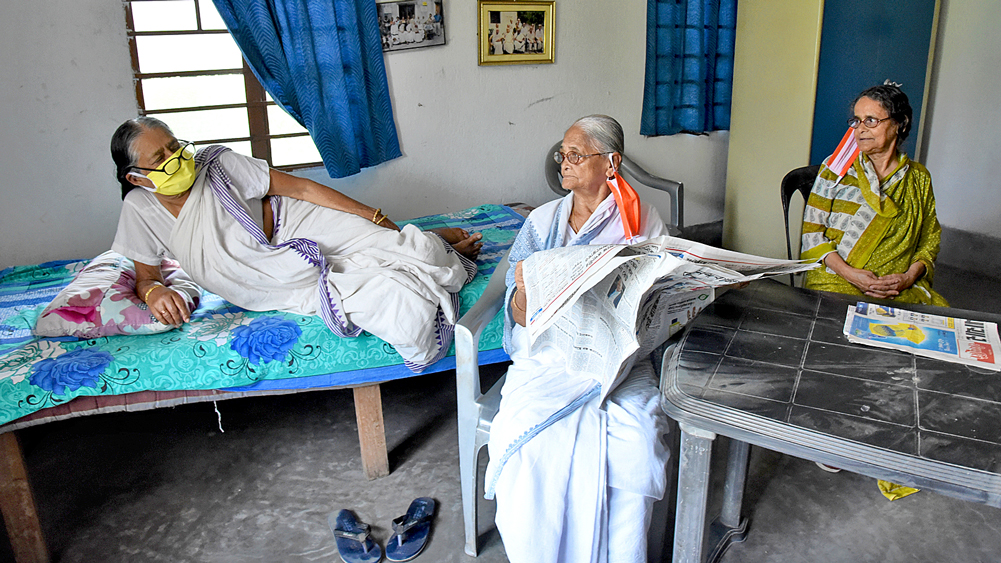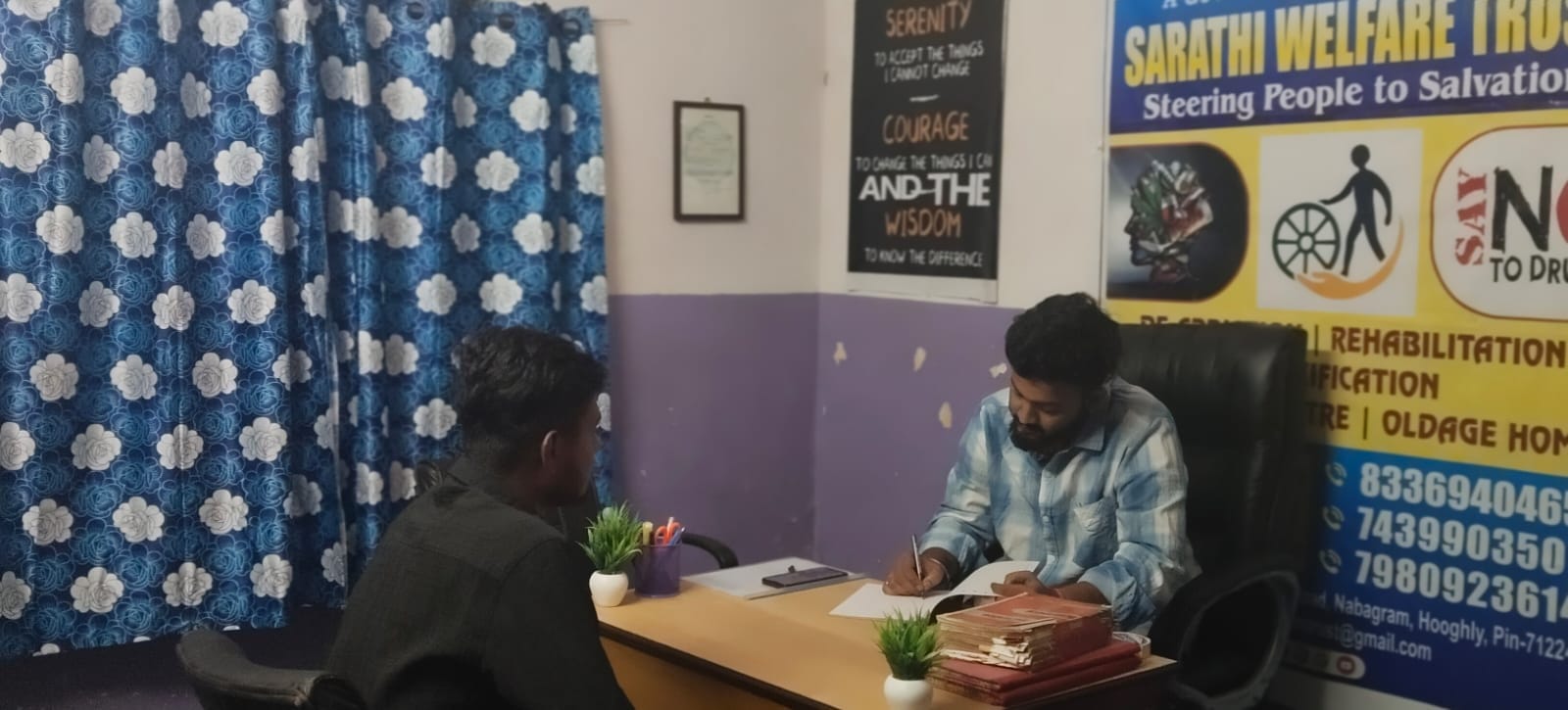Understanding Addiction Relapse: Why It Happens and How to Overcome It
Addiction is a complex and chronic condition that doesn’t end with detox or rehab. Recovery is a lifelong journey, and for many, relapse is a part of that process. Though it can feel like a failure, relapse doesn’t mean you’re back at square one. It’s an opportunity to learn, adjust, and strengthen your recovery plan.
In this blog post, we’ll explore why relapse happens, what it looks like, and how to heal from it with compassion and clarity.
What is a Relapse?
Relapse is the return to substance use after a period of abstinence. It can be brief or prolonged and may occur after days, months, or even years of sobriety. Relapse is common in recovery and should be viewed as a sign that your treatment plan needs adjustment, not that it has failed.
There are typically three stages of relapse:
- Emotional relapse – You’re not thinking about using, but your behavior patterns (like isolation, poor self-care, or bottling up emotions) set the stage.
- Mental relapse – You start to fantasize about using or reminisce about past highs. The internal struggle between staying sober and relapsing begins.
- Physical relapse – This is when you actually start using the substance again.
Recognizing the early signs can help you intervene before you reach the final stage.
Common Causes of Relapse
Several factors can increase the risk of relapse:
- Stress and emotional triggers
- Environmental cues (people, places, or things associated with past use)
- Overconfidence in your ability to stay clean
- Neglecting self-care or support systems
- Unresolved trauma or mental health issues
- Loneliness or boredom
Relapse is not a moral failing—it’s often a symptom of deeper unresolved issues or a response to pressure.
How to Overcome Relapse
1. Be Honest and Compassionate With Yourself
Shame is a powerful barrier to recovery. Instead of beating yourself up, acknowledge the relapse and recommit to getting help. Recovery is not about perfection—it’s about persistence.
2. Reach Out for Support
Tell someone you trust—whether it’s a therapist, sponsor, friend, or support group. Don’t try to recover in silence. Connection is one of the most powerful antidotes to addiction.
3. Revisit or Adjust Your Treatment Plan
You may need to go back to rehab, increase therapy sessions, or join a new support group. Every relapse provides information about what’s missing in your current plan.
4. Identify Your Triggers
Reflect on what led to the relapse. Were you lonely? Angry? Under pressure? Learning your triggers helps you build strategies to avoid or manage them in the future.
5. Strengthen Your Coping Skills
Work on healthy ways to manage stress, anxiety, and cravings—like mindfulness, exercise, creative outlets, journaling, or breathing techniques.
6. Stay Committed to Long-Term Recovery
Understand that recovery is a lifestyle, not a one-time event. Keep growing—emotionally, spiritually, and socially.
Final Thoughts
Relapse is not the end of your recovery story. It’s a chapter—sometimes a painful one—but one that can lead to stronger resolve, deeper healing, and renewed purpose.
If you’ve relapsed, don’t give up. Take it one day at a time, lean into your support network, and remember: you are not alone, and you are not beyond help.
Recovery is always possible.








